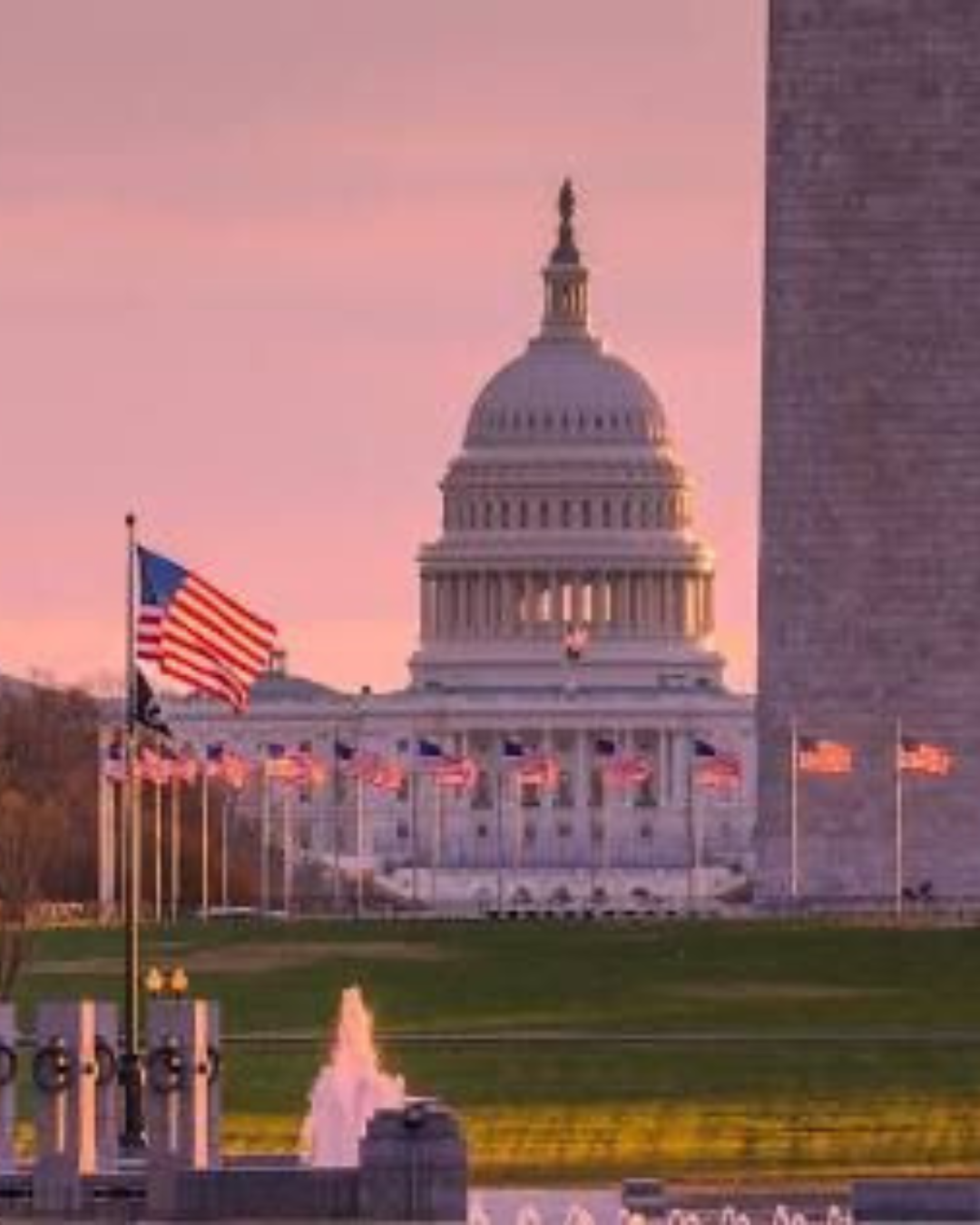In a closely watched decision, the U.S. Supreme Court sided with the Trump administration on Friday June 27th, 2025, enabling the government to move forward with its controversial efforts to limit birthright citizenship. The Court’s 6-3 ruling focused on restricting the scope of nationwide injunctions, which previously blocked the administration’s attempts to alter citizenship rules nationwide.
Rather than upholding a complete halt to the policy, the justices decided that court orders blocking federal action should only apply to the specific plaintiffs or states involved in the original legal challenges. As a result, the Trump administration’s policy can now be implemented in areas that did not sue to stop it.
The conservative majority argued that broad injunctions disrupt governance and undermine the judicial process. Justice Neil Gorsuch, delivering the opinion, asserted that judges should avoid imposing rulings that affect parties beyond those involved in a particular case.
Liberal justices, however, expressed concern that the ruling opens the door for selective enforcement of federal laws and could put constitutional rights at risk. Justice Sonia Sotomayor warned that narrowing injunctions could lead to chaos and uncertainty, especially in matters as foundational as citizenship.
At the core of the dispute is the interpretation of the 14th Amendment, long regarded as granting citizenship to nearly all individuals born in the U.S. The Trump administration’s view is that this protection does not extend to children of unauthorized immigrants or foreign nationals without permanent status.
While this decision does not completely eliminate birthright citizenship, it significantly weakens the judicial tools used to block federal action. Immigrant rights groups and civil liberties advocates have condemned the ruling and pledged to continue their legal resistance.
In the aftermath of the ruling, policy shifts may begin in some parts of the country, with further legal battles likely. The long-term implications could include further fragmentation in how federal policies are applied across different states, especially in contentious areas like immigration.











